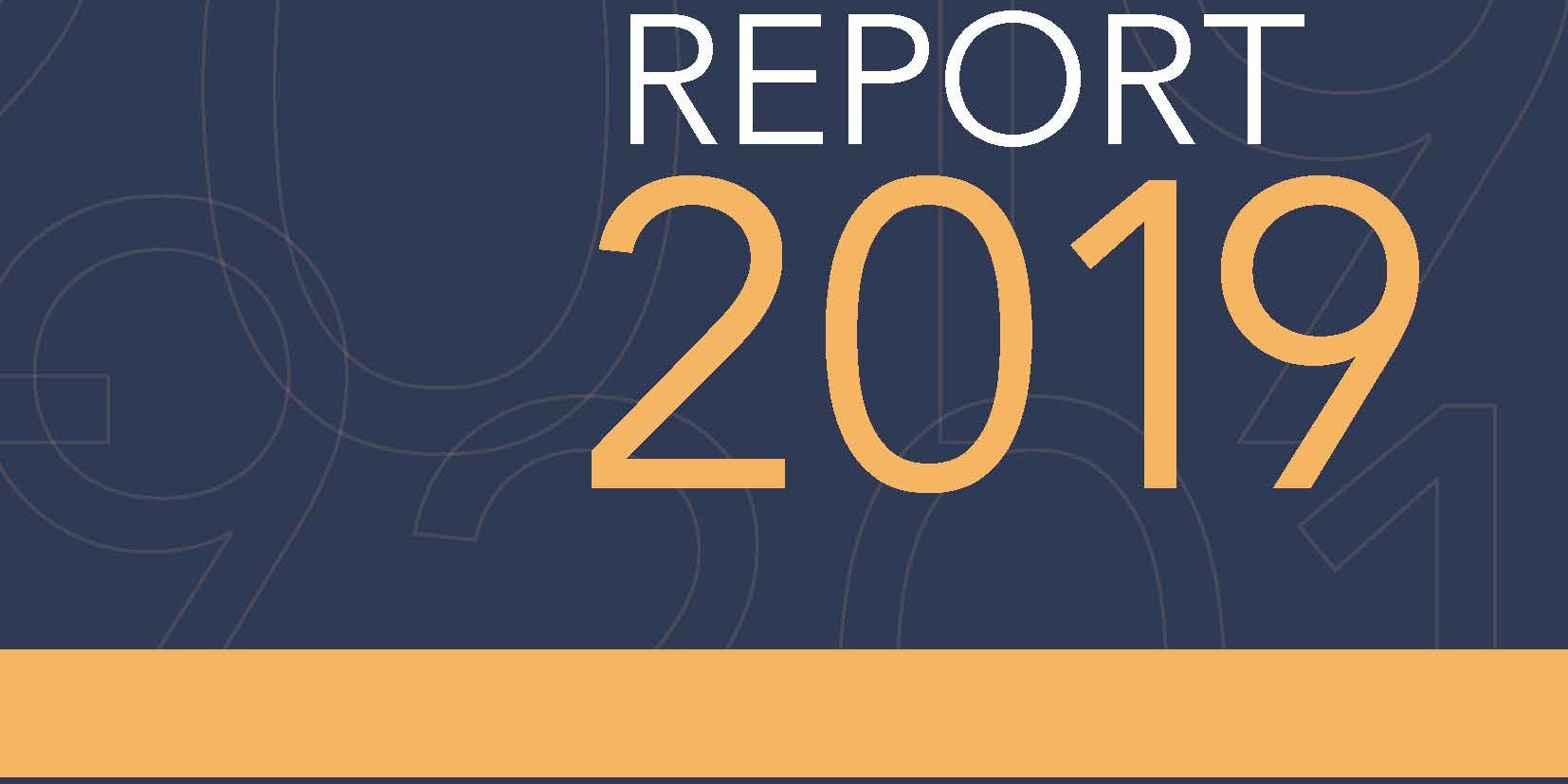2019 has been another very productive year with ACOLA working on four projects under the Horizon Scanning series for the Australian Government. It also saw the release of the third report in the Horizon Scanning series: Synthetic biology in Australia: an outlook to 2030 at Customs House in Brisbane on 4 September 2018. This provided an overview of the transformative role that synthetic biology might play in Australia across different sectors and the challenges it presents.
Professor Hugh Bradlow FTSE
Chair, Board of Directors
ACOLA
ACOLA STRATEGIC STATEMENT
The Australian Council of Learned Academies (ACOLA) provides the platform for collaboration between Australia’s four Learned Academies – Australian Academy of the Humanities, Australian Academy of Science, Academy of the Social Sciences in Australia and Australian Academy of Technology and Engineering.
Through the Learned Academies and with the leading expertise of their fellowships, ACOLA brings more than 2,000 of the nation’s most eminent scientists, researchers, scholars and practitioners together to contribute to its rich source of expert knowledge and to inform national policy about complex multidimensional problems and emerging national needs.
ACOLA’s research spans the disciplines and brings well-balanced expert perspectives from a diversity of fields. With research programs including the Securing Australia’s Future series and more recently the Horizon Scanning series, ACOLA has an established record of research excellence and is a trusted and influential source of expert advice for both government and industry.
Chair’s Report
2019 has been another very productive year with ACOLA working on four projects under the Horizon Scanning series for the Australian Government. It also saw the release of the third report in the Horizon Scanning series: Synthetic biology in Australia: an outlook to 2030 at Customs House in Brisbane on 4 September 2018. This provided an overview of the transformative role that synthetic biology might play in Australia across different sectors and the challenges it presents.
The Horizon Scanning reports show the importance of interdisciplinary research and advice, and the unique role ACOLA has in bringing together the minds and capacity of the Learned Academies. These studies play an important role in influencing and supporting the Australian Government’s consideration of complex policy questions.
The fourth report in the Horizon Scanning series on Artificial Intelligence (AI) was released shortly after the close of the financial year, on 30 July 2019. This again shows the value of ACOLA in bringing together interdisciplinary thinking that has culminated in, what I believe is, a seminal piece of work on this issue for Australia. It highlighted both the broad-reaching and rich opportunities of AI, but also the serious implications for human capital, social inclusion, privacy and cultural values if the uptake is not well supported by Australian governments, industry and the wider community.
Significant activity also occurred on the other two Horizon Scanning reports, both to be delivered in the 2020 financial year: Internet of Things and Future of Technology in Agriculture.
A priority for the Board is continuing to ensure ACOLA communicates its value proposition as a valuable partner for Ministers, Government, Fellows in the Learned Academies and the wider community in developing policies that support Australia’s economic, environmental and social future. I wish to acknowledge the critical support ACOLA receives from Government, especially from the Chief Scientist, the Australian Research Council and the Department of Education.
Special thanks must go to the Presidents of all the Learned Academies who make important contributions to ACOLA and join me (et al.) on its Board. In 2019, in addition to myself, these included Professor Glenn Withers (until December 2018), Professor Joy Damousi, Professor Jane Hall and Professor John Shine. Each of the academy Presidents, past and present, are essential in bringing to ACOLA the disciplinary leadership and influence that it needs to provide.
Our research committee provides critical strategic direction for ACOLA, with representation from all the Learned Academies and the Australian Academy of Health and Medical Sciences (AAHMS). The inclusion of Professor Ian Frazer, President of AAHMS, to this committee is critical to ensure we have a truly interdisciplinary perspective.
I would like to thank the ACOLA staff for their commitment throughout the year. Firstly, I wish to especially acknowledge the former CEO, Dr Angus Henderson, for his service and commitment to ACOLA. Finally, Dr Lauren Palmer and Fiona Clothier have performed particularly well as the essential core of the ACOLA team.
Professor Hugh Bradlow FTSE
Chair, Board of Directors
ACOLA








